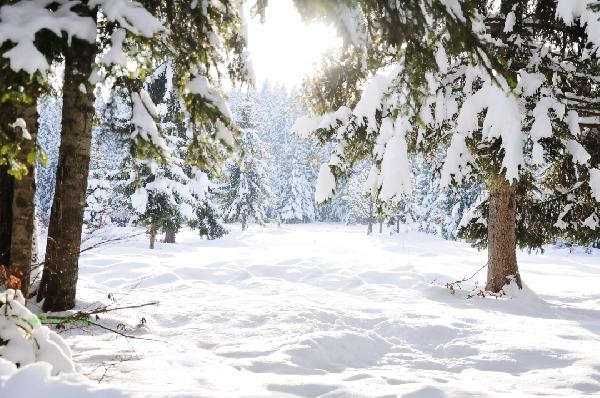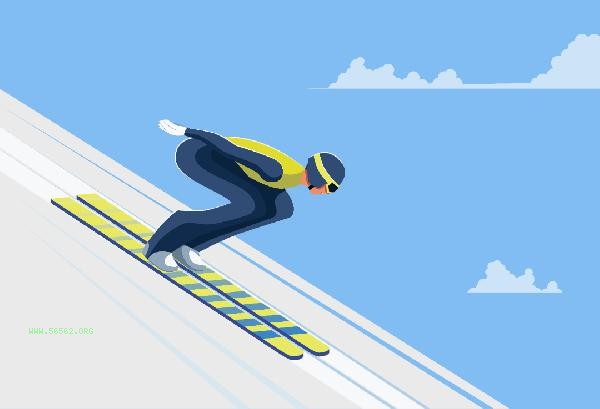Winter is more suitable for muscle building exercises, but weight loss exercises are also feasible, and the specific choice needs to be adjusted according to individual physique and goals.

Muscle building exercises have natural advantages in winter. Under low temperature conditions, the basal metabolic rate of the human body will slightly increase, and muscles will contract more fully in the cold. After strength training, the speed of muscle fiber repair may accelerate. Cold stimulation can promote the activity of brown fat, indirectly helping to distribute heat during muscle building. Short winter sunshine hours lead to a decrease in vitamin D synthesis, and muscle building training combined with sufficient protein intake can partially compensate for this deficiency. The indoor gym has a stable temperature, making it more suitable for executing heavy weight, multi group muscle building training programs. Part of the population may experience a natural increase in appetite during winter, making it easier to achieve a surplus of calories needed for muscle building.

When implementing weight loss exercises in winter, attention should be paid to environmental adaptation. Outdoor aerobic exercise such as running requires sufficient warm-up to avoid direct inhalation of cold air that may cause respiratory discomfort. The fat burning efficiency may slightly decrease in low-temperature environments, and it is recommended to use intermittent training to enhance the heat production effect. The constant temperature environment of indoor swimming pools is suitable for continuous weight loss, but it is necessary to keep warm in a timely manner after exiting to prevent a sudden drop in body temperature. During winter weight loss, special attention should be paid to replenishing electrolytes after exercise to avoid neglecting water intake due to reduced sweating. Some people may reduce their activity due to the cold and need to maintain their calorie deficit by increasing their daily non exercise expenditure. Regardless of whether you choose to gain muscle or lose fat, it is necessary to strengthen insulation measures during winter exercise. The sufficient warm-up time before exercise should be extended to more than 15 minutes, and sweaty clothes should be changed in a timely manner after exercise. In terms of diet, people who gain muscle can increase the proportion of high-quality protein and compound carbohydrates appropriately, while those who lose weight need to ensure sufficient intake of dietary fiber. It is recommended to evaluate the training effect every four weeks based on changes in body fat percentage and muscle mass, and adjust the exercise plan if necessary. Special populations such as cardiovascular disease patients should adjust their winter exercise intensity under the guidance of a doctor.








Comments (0)
Leave a Comment
No comments yet
Be the first to share your thoughts!